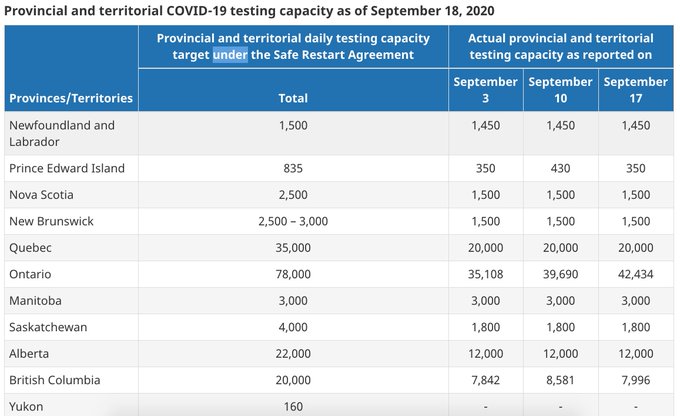Assorted content for your weekend reading.
- Crawford Kilian writes about the $47 trillion heist of wealth from the U.S.' working class to its wealthiest elites. And Umair Haque discusses how Donald Trump is a foreseeable consequence of the U.S.' structural inequalities, rather than an anomaly within its political system.
- Julia Rock discusses how the Trump administration's subsidies for fossil fuel development have left the public with additional bills to clean up the mess made by the oil industry, while Mitchell Anderson notes that the tar sands owe the Canadian public far more than they have any hope of repaying. And the Globe and Mail's editorial board warns that Alberta (and other fossil fuel-dependent provinces) shouldn't be counting on future booms to paper over their failure to develop diversified economies.
- Paul Willcocks points out the political desperation and economic illiteracy behind the B.C. Libs' attempt to gut the province's sales tax in the name of pandemic recovery. And Jim Stanford points out the folly of cutting taxes in a recession as a form of stimulus.
- Meanwhile, offer their take on what a potential government should be pursuing instead. And Lori Johb writes about the need to invest in public services in order to fully recover.
- Finally, the Saskatchewan NDP's election platform includes a wealth tax to ensure both improved social equity, and greater funding for needs like reduced class sizes. And Stephanie Taylor offers a look at Ryan Meili's background as a leader motivated by caring for others.




